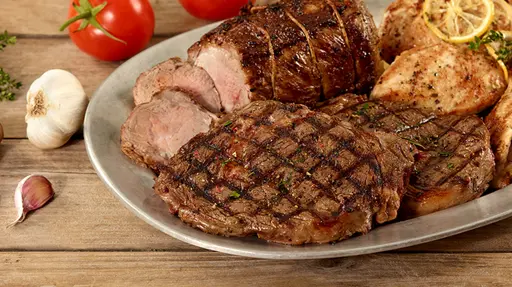That is a ton of misinformation
Actually it's really solid advice and lines up with my reading.
Starting off with stating that bread and other grain are only simple carbohydrates when whole grains are an easy source of complex carbs.
It really doesn't matter, complex or simple all carbohydrates get turned into blood glucose, the only difference is a 15m onset delay. Blood glucose is blood glucose, if you want to fight cravings and low energy, you want to keep it low and even.
And while sugar can be addictive it’s literally a nutrient that our body needs and if we fail to eat it, our body will just break down protein to produce it
We absolutely do not need to eat sugar, the body will produce the tiny amount of glucose required via gluconeogenesis, when someone is fat adapted the vast majority of the body will run on fat, reducing the need for any glucose at all (only red blood cells, and 3-5% of the brain will still require glucose)
Then while fats may by a good source of energy (because they offer 9 calories per gram) they are also an easy way to over consume calories because they are so dense.
Fat is very satiating, it is VERY difficult to overeat fat in the absence of sugar. As a example think about eating a stick of butter by itself, that would be a difficult task if your not very hungry indeed.
Saturated fats are still problematic and try and look for some articles published outside of the U.S.
https://www.dietdoctor.com/low-carb/saturated-fat#evidence-to-date
Saturated fat has been pilloried unfairly by the lipid heart hypothesis which is based on fabricated data. It's vilification does not stand up to modern scrutiny. Basically fat is good for you.
Then you start talking about vegetable oils being bad when olive oil has been the gold standard for healthy oil. There has been a ton of misinformation going around about seed oils trying to make them into the devil but again look for some RFK free Studies
Industrial oils are examples of extremely processed foods which have many downsides, causing whole body inflammation, interfering with cholesterol rafts, artificially lowering lipoproteins (this is a bad thing). It's true real authentic olive oil can be produced without heavy processing and avoids these issues, but it's nearly impossible to source genuine olive oil, it is almost always adulterated with cheaper industrial oils (vegetable oils).
There is no nutritional requirement in human health for industrial oils, they provide nothing essential, it is more prudent to eat real animal fats instead of fats from a chemical factory.

